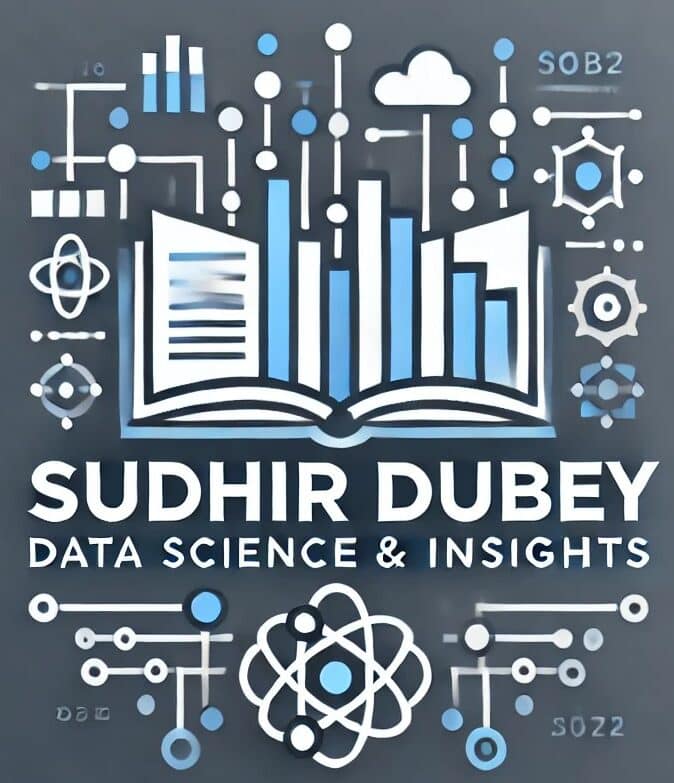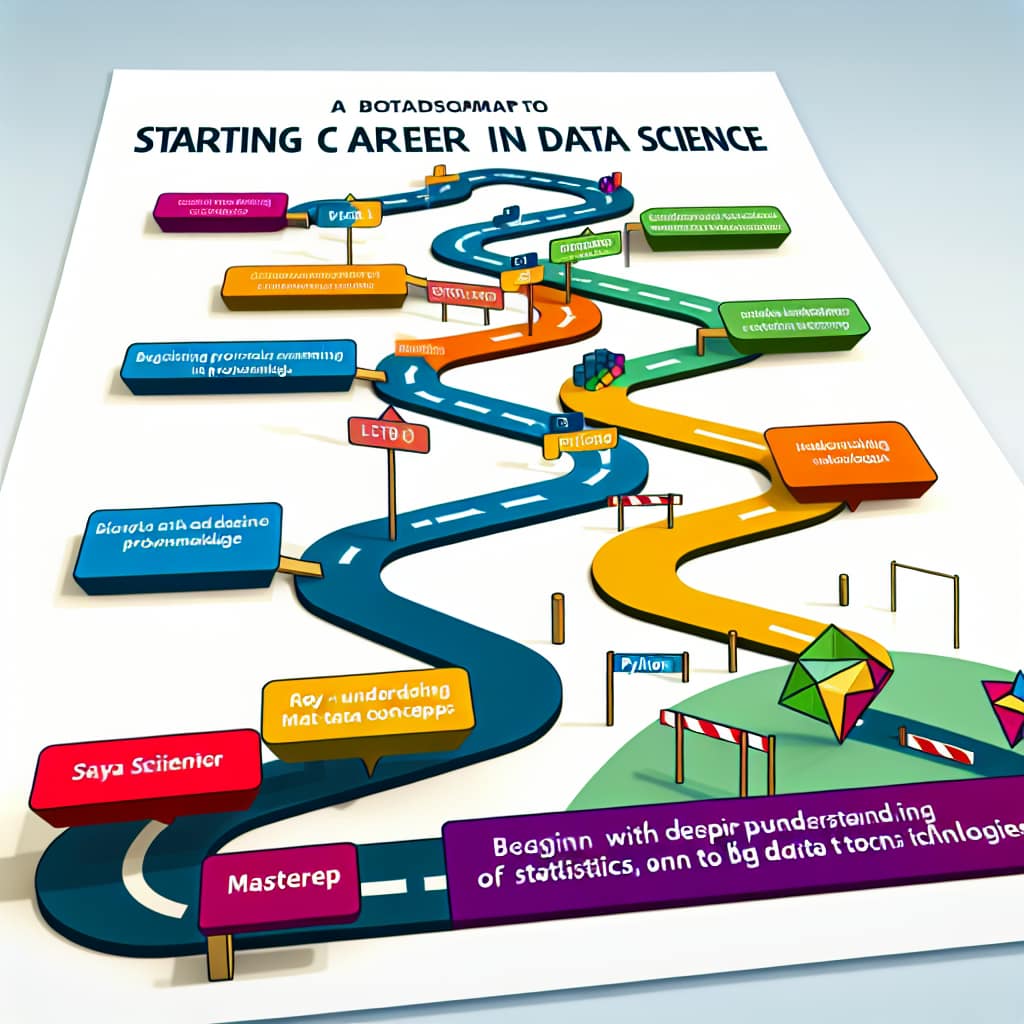Top 7 Advanced Augmented Analytics Strategies for 2025
Augmented analytics is transforming the way data scientists and business users interact with data. In the realm of data science and business intelligence, AI-driven analytics tools have become pivotal. They empower professionals by automating complex processes and offering insights that were once difficult to extract. As we approach 2025, it is crucial for businesses and data enthusiasts to understand how to harness these tools effectively. This article explores advanced strategies in augmented analytics, showcasing real-world applications and providing insights into emerging trends that are shaping the future of data science.
Table of Contents
Introduction to Augmented Analytics
Augmented analytics leverages artificial intelligence and machine learning to automate data preparation, insight discovery, and sharing. It simplifies the analytics workflow, enabling both data scientists and business users to explore data more efficiently. This transformative approach bridges the gap between complex data analytics tasks and user accessibility, making sophisticated analytics available to all skill levels within an organization.
Emerging Trends in Augmented Analytics
The rise of natural language processing (NLP) in analytics platforms allows users to interact with data through conversational interfaces. Predictive analytics and real-time insights are becoming more integral, providing immediate value across industries. Additionally, the integration of augmented analytics with the Internet of Things (IoT) is paving the way for more comprehensive data insights from interconnected devices.
Real-world Applications
Healthcare Sector
In the healthcare industry, augmented analytics is used to predict patient outcomes and optimize treatment plans, resulting in improved patient care and operational efficiency.
Retail and E-commerce
Retailers leverage these analytics to predict consumer trends and personalize marketing strategies, enhancing customer engagement and boosting sales.
Tools and Frameworks
Leading platforms like Tableau and Microsoft Power BI have integrated augmented analytics features, allowing users to automate reporting processes and gain deeper insights. Open-source tools such as KNIME and Orange offer customizable options for data scientists to develop tailored analytics solutions.
Challenges and Opportunities
Despite its advantages, augmented analytics faces challenges such as data privacy concerns and the need for skilled personnel to interpret AI-driven insights accurately. However, these challenges present opportunities for businesses to invest in talent development and robust data governance frameworks.
Learn more about augmented analytics trends at Gartner.
For further insights, read our article on How AI Enhances Business Intelligence.
Also, explore Top AI Tools for Data Science on our site for more resources.
FAQ
What is augmented analytics?
Augmented analytics is the use of AI and machine learning to automate data analysis tasks, making insights more accessible and actionable for users.
How does augmented analytics benefit businesses?
It enhances decision-making by providing faster insights, reducing dependency on data experts, and enabling proactive strategies based on predictive analytics.
Which industries adopt augmented analytics the most?
Industries like healthcare, retail, finance, and manufacturing are significant adopters, leveraging it to improve efficiency and customer experiences.
What are the major tools used in augmented analytics?
Popular tools include Tableau, Microsoft Power BI, KNIME, and Orange, each offering unique capabilities in data visualization and automated analytics.
Conclusion
Augmented analytics is poised to revolutionize data science and business intelligence by providing advanced, AI-driven insights. As the technology evolves, its adoption will bring transformative changes across various sectors. By understanding and leveraging these sophisticated tools, businesses can gain competitive edges and simplify data-driven decision-making processes.
Stay informed by subscribing to our newsletter and delve deeper into AI and data science topics to ensure your organization remains at the forefront of innovation.



